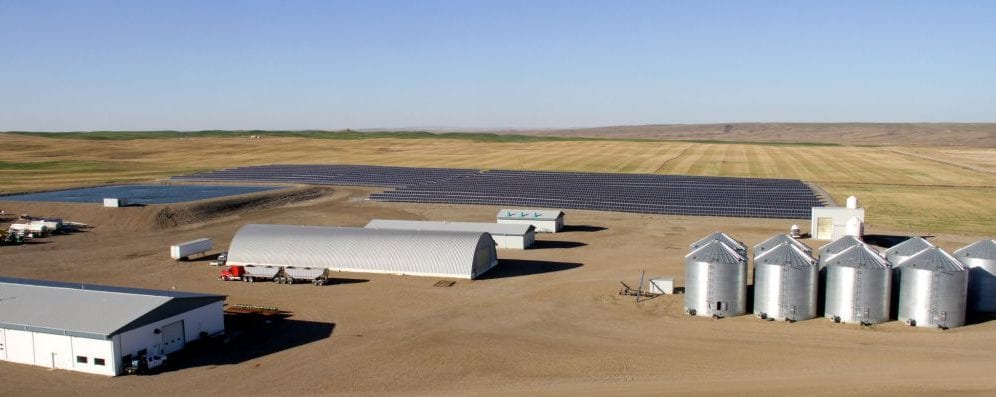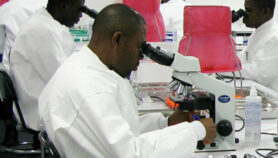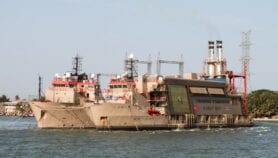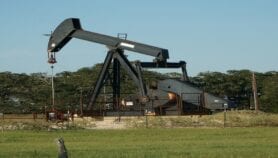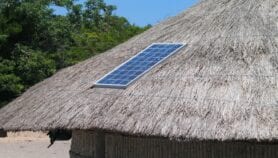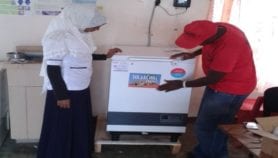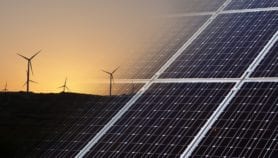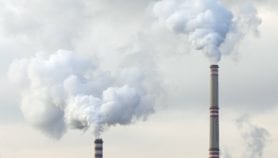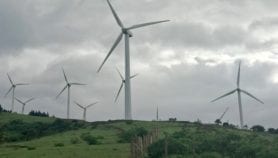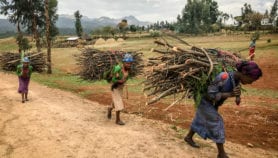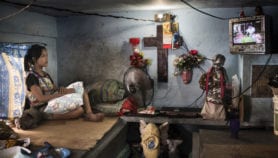By: Ignatius Ssuuna
Send to a friend
The details you provide on this page will not be used to send unsolicited email, and will not be sold to a 3rd party. See privacy policy.
[KIGALI] Methane gas is being extracted from Lake Kivu in south-western Rwanda to avert possible lethal eruption.
According to IvanTwagireshema, a Rwandan scientist and energy extraction expert, the gas is highly explosive and can cause death by suffocation if it gets into contact with people because it displaces oxygen needed for breathing.
The gas comes from nearby Mount Karisimba volcanic activity and dissolves in Lake Kivu that also borders the Democratic Republic of Congo (DRC).
“We don’t know to what extent Kivu’s eruption risks can be, but it’s important we mitigate the risk of gas eruption before it’s too late.”
Jarmo Gummerus, Contour Global
Rwanda’s state minister for energy, water and sanitation in the ministry of infrastructure, Germaine Kamayirese, tells SciDev.Net that the risks posed by methane gas creates urgency to degas the lake, a prospect both Rwanda and the DRC have long considered to do to protect people.
Christopher Katabarwa, a Ugandan volcanologist working on energy issues at the Ministry of Infrastructure, Rwanda, adds: “If nothing is done, it is likely to occur in the future.”
Jarmo Gummerus, a Finnish engineer overseeing KivuWatt, a US$200 million project by US-based energy firm Contour Global contracted by Rwanda government to conduct phase one of the gas extraction, tells SciDev.Net that an eruption can happen if the pressure of the gases in the lake exceeds that of water, noting that the gas could be released on the surface killing those living nearby.
The extraction that began 1 September will be done in two phases spanning 25 years. “We don’t know to what extent Kivu’s eruption risks can be, but it’s important we mitigate the risk of gas eruption before it’s too late,” Gummerus says.
In the DRC, in August this year several animals were asphyxiated when methane gas burst from the lake to the surface at a town 25 kilometers from eastern city of Goma, says Mathis Kimanuka, a geochemist with the country’s Ministry of Hydrocarbons.
He says the government of the DRC is negotiating with an independent firm to extract the gas, most likely before the end of this year on the country’s lake portion.
But the methane gas will also be used to generate electricity according Rwanda’s minister of infrastructure, James Musoni.
He says: “Rwanda expanding electric grids will support new industries and offering a chance to alleviate soaring poverty.”
Data compiled by the World Bank show that nearly 80 percent of Rwanda’s 12 million people lack access to electricity, and most business people with access to power, face highest electricity prices in the East African region.
“We want to add 70 megawatts to the national grid by end of this year,” Musoni tells SciDev.Net.
Rwanda plans to have 563 megawatts of electricity to the grid by 2018, up from current 160 megawatts, Twagireshema adds.
This article has been produced by SciDev.Net's Sub-Saharan Africa English desk.
More on Energy
Multimedia
African innovator turns plastic waste into liquid fuel
Francis Kantavooro has produced a locally assembled reactor that turns plastic waste into16/12/19


